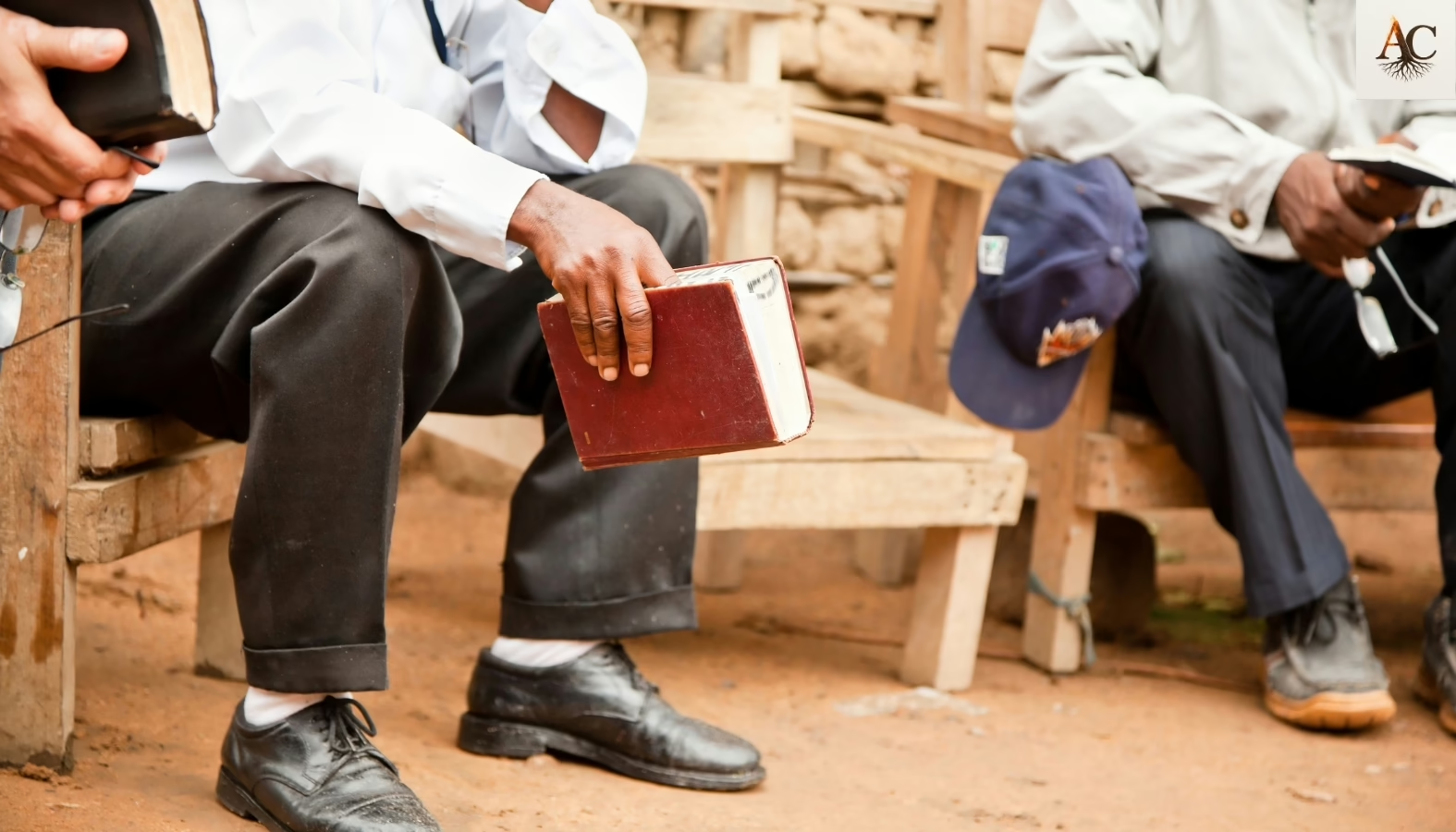
Christianity did not sweep Africa because our ancestors were “lost.” It spread because it was enforced. From the late 1400s onward, missionaries came with ships, guns, and flags. Shrines were burned down, Languages downgraded, chiefs pressured, and children were trained to fear their own roots. This is not about hating Christians, it’s about telling the truth. Africans had a deep spiritual heritage before colonialism. The church became the soft face of the empire. We must remember where the break happened and repair it with dignity to awaken. Oxford Research Encyclopedias
Key Takeaways / Table of Contents
- Early Encounters vs. Colonial Christianity
- Missionaries + Empire: Partners in Control
- Demonizing African Spirituality
- The Conversion Machine: Schools, Laws, Violence
- Resistance: How Ancestors Preserved the Codes
- Lasting Damage to Identity and Why It Still Matters
- The Path to Remembrance (What to Do Now)
- FAQ: Blunt Answers
- Closing Word + Call to Action

Early Encounters vs. Colonial Christianity
Africa’s first contact with Christianity wasn’t European or colonial. In North and East Africa, Egypt, Ethiopia, and Nubia carried their own orthodox traditions long before the scramble for Africa. Those encounters were not driven by gunboats, and Africans blended the faith with local rhythms. The violent turn came centuries later, as European empires raced for land, labor, and souls.
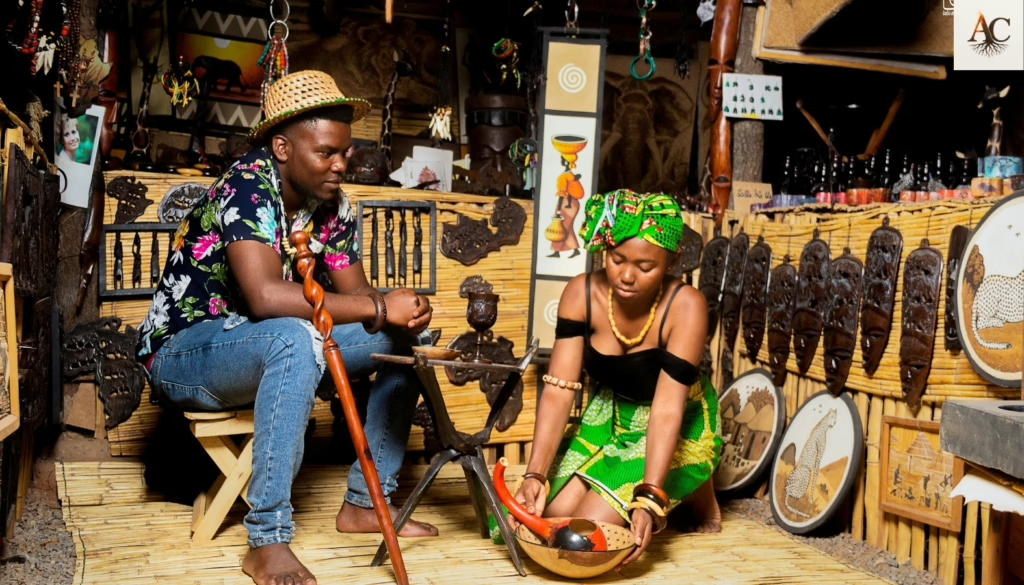
Kongo as a case study. In 1491, Nzinga a Nkuwu later baptized João I accepted Catholicism as Portugal pressed deeper into the region. His son, Afonso I, later wrote multiple letters to the Portuguese crown pleading to curtail the slave trade that accompanied Christianization evidence that “conversion” was tangled with coercion, commerce, and capture. The record shows early acceptance followed by backlash, bargaining, and protest. African Museum
Early African Christianity existed on African terms; colonial Christianity was welded to conquest
Missionaries + Empire: Partners in Control
Early Missionaries did not arrive as neutral pastors. In most colonies they received land, legal shelter, escorts, and subsidies. In exchange, their schools produced the clerks, interpreters, and “model” subjects empire needed. Instruction often meant downgrading African languages, replacing oral wisdom with catechisms, and teaching obedience to distant rulers. aehnetwork.org
Kenya example. During the anti-colonial struggle (Mau Mau era), the church institutions frequently delegitimized resistance as “satanic,” excommunicated fighters, or aligned with state narratives that framed liberation movements as immoral. While there were dissenting clergy, the dominant posture served colonial order and social control. UoN eRepository
Rwanda example. Belgian authorities and Catholic missions together re-engineered political hierarchies. When Mwami Yuhi V Musinga refused to conform (including baptism), the colonial state removed him in 1931 church and state interests moving as one. Digital Library
The missionary was the soft face of the colonial sword.
Demonizing African Spirituality
Pre-colonial Africa had order: altars, libations, initiation rites, sacred groves, priestesses and elders, proverbs that held law and memory. To gain religious monopoly, missionaries recast those systems as “witchcraft” and “idolatry,” burning shrines, banning drums, renaming children, and silencing women’s spiritual offices. The goal wasn’t just conversion, it was identity replacement. SciELO
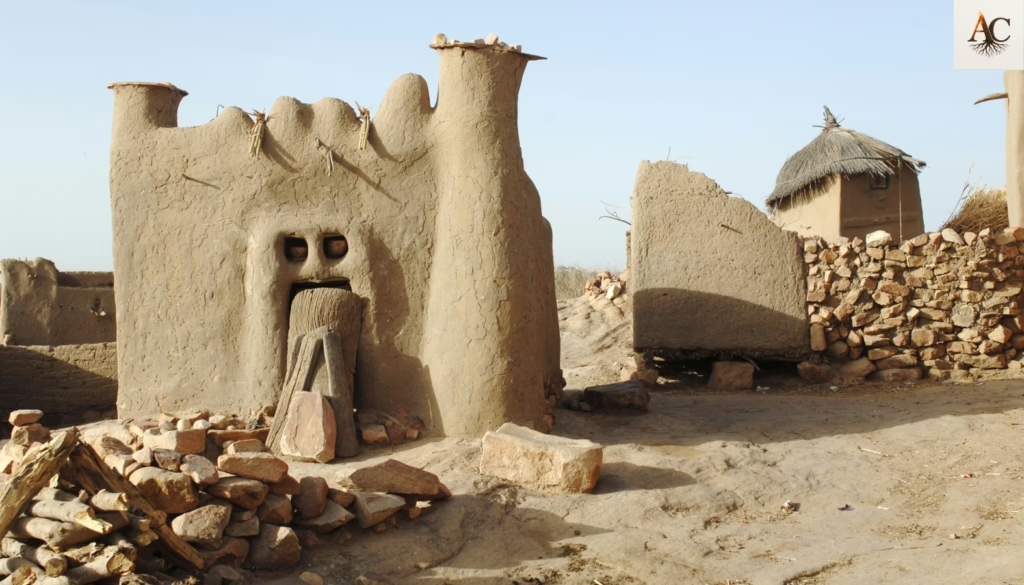
Language as a weapon. As Ngũgĩ wa Thiong’o argued, language carries a people’s memory. Suppress the mother tongues and you sever cultural transmission; you create a population fluent in the colonizer’s stories but ashamed of their own. This linguistic colonization ran through mission schools, courts, and pulpits. Wikipedia
Demonization of African spirituality was psychological warfare meant to break confidence in the ancestors and install foreign authority.
The Conversion Machine: Schools, Laws, Violence
Conversion wasn’t just preaching; it was policy
- Schools: Mission education expanded rapidly across sub-Saharan Africa, relieving colonial governments of cost while binding literacy to church allegiance. Children learned European languages and biblical histories while their own cosmologies were downgraded or mocked.
- Hospitals & Relief: In many districts, access to care and famine relief flowed through mission stations; baptism or church attendance often became the “gentle” gate. (Even when not formal policy, power dynamics made it so.) aehnetwork.org.
- Colonial law: Refusing Christian norms could mean higher taxation, lost land rights, or exclusion from chieftaincy. In Rwanda-Burundi, Belgian rule fused ecclesiastical preference with administrative muscle, reshaping leadership and punishing nonconformity. Digital Library.
- Force: Where people clung to ancestral rites, raids, arrests, and public humiliations followed. The line between “mission discipline” and state violence blurred. Oxford Research Encyclopedias
Education, medicine, and law became instruments of conversion soft power backed by hard force.
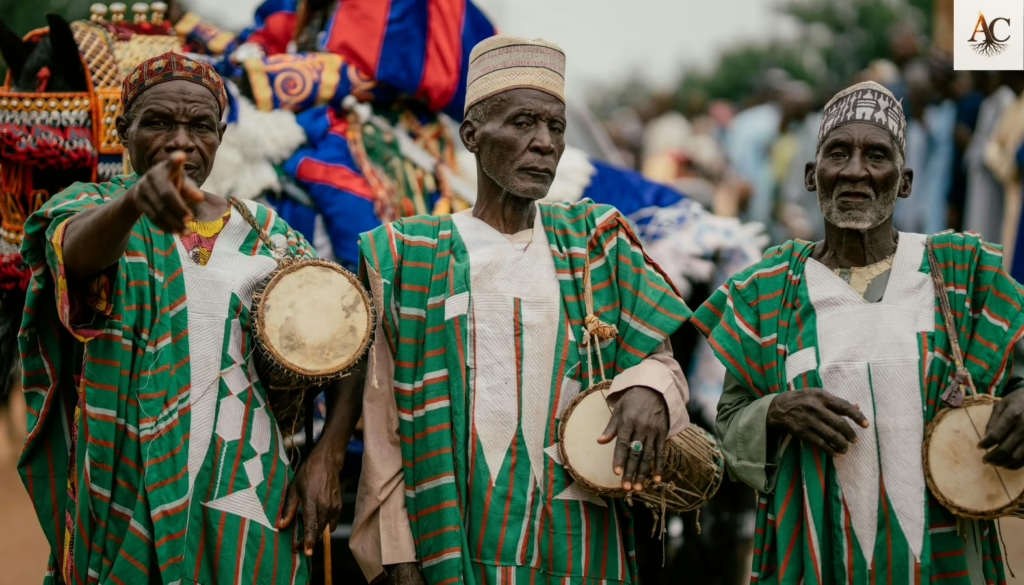
Resistance: How Ancestors Preserved the Codes
Our ancestors did not surrender quietly.
- Blending (to survive): Drums repackaged as “church music,” libations recoded as “holy water,” proverbs slipped into “sermons.” The body bowed; the spirit coded its continuity.
- Secret worship: Families rebuilt altars in forests; rites moved to night.
- Prophetic movements: In the Congo, Simon Kimbangu (1921) challenged colonial hegemony using the language of faith. His movement fused healing, messages, and African dignity, provoking Belgian crackdowns and later birthing one of Africa’s largest independent churches. African Christian Biography
- Songs as defiance: “Captured” songs in Kimbanguist circles carried resistance and memory across generations sound as archive, worship as protest. ResearchGate
The codes went underground, waiting for today’s remembrance
Lasting Damage to Identity and Why it Still Matters
The colonial church state project left wounds:
- Identity fracture: Many Africans still fear their own ancestors as “demons.” Mbiti documented that African religions express living relationships with God and community morality; erasing them didn’t erase God it erased continuity.
- Language loss: As Ngũgĩ showed, when formal thinking is divorced from the mother tongue, a people become strangers to themselves an engineered inferiority.
- Historical amnesia: Colonial textbooks replaced oral memory; Europe’s story became the measure of “civilization,” while Timbuktu, Great Zimbabwe, Kongo, and Ife receded. Rodney’s classic work details how this ideological layer justified extraction while calling it “progress.”
- Intra-African religious wars: When foreign doctrines become identity, neighbors become enemies. The fracture multiplies the colonizer’s original leverage.
The wound is cultural and psychological—but not irreversible.
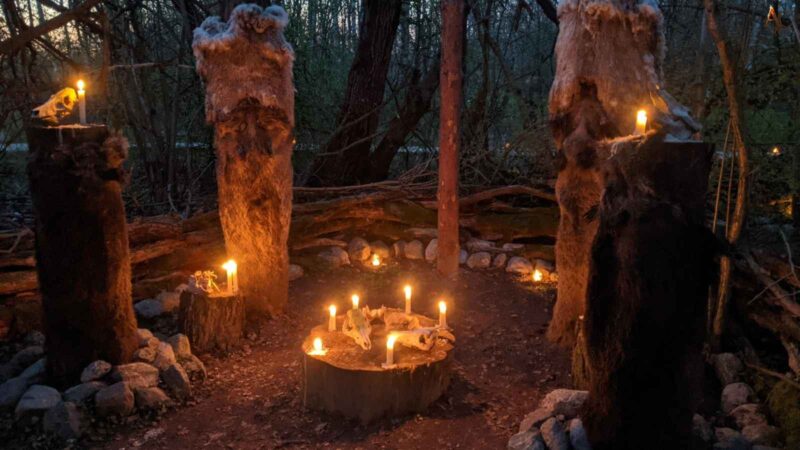
The Path to Remembrance (What to Do Now)
Awakening is not about hating Christians. It’s about balance, truth, and choice.
Tell the truth plainly. Acknowledge the alliance between mission and empire; show the letters, the removals, the policies. (Kongo correspondence; Rwanda’s forced political reshaping; East Africa’s church-state coordination.) worldhistorycommons.org
Rebuild practice. Restore altars, libations, proverbs, and the honoring of ancestors without apology. Bring back women’s spiritual offices.
Return to language. Teach children the mother tongue proverbs and prayers; let English or French be tools, not chains. (Ngũgĩ’s call remains urgent.)
Blend if you choose honestly. If you keep Christian forms, do it with open eyes and African dignity, not with contempt for your own roots. Kimbanguism’s evolution shows how African agency re-read faith in African light. OAPEN Library
Remembrance is a practice truth, altar, language, and courage.
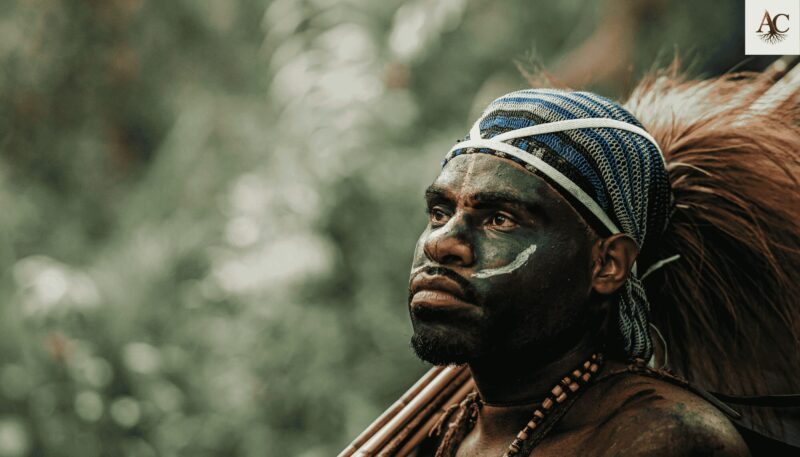
FAQ (Bunt)
1) “Are you saying Christianity is evil?” No. We are saying the historical spread in much of Africa was entwined with coercion documented in letters, laws, and colonial administration. A people can only choose freely when the past is told truthfully.
2) “Didn’t missions bring schools and hospitals?” They did and those services often served conversion, relieved colonial budgets, and created loyal intermediaries. Education isn’t neutral when it downgrades your language and demonizes your ancestors.
3) “Why revive ‘pagan’ practices?” Because they’re not pagan; they are African systems of order and relationship. Scholars like Mbiti demonstrated their theological depth; demonization was a strategy of rule, not a verdict of truth.
Closing Word
It is not wrong to go back for what you forgot (Akan). Go back for your names, your proverbs, your altars, your language. Then walk forward clear eyed and unafraid.





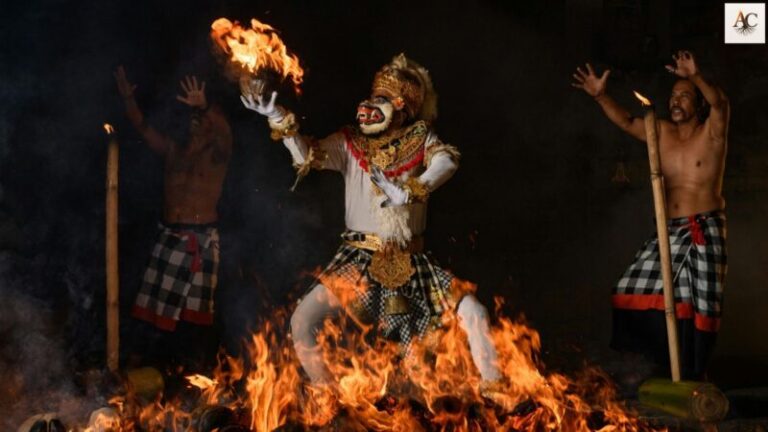
It’s nothing but the truth.
Thank you, Elizabeth, Truth always recognizes truth. Keep walking in remembrance and light.